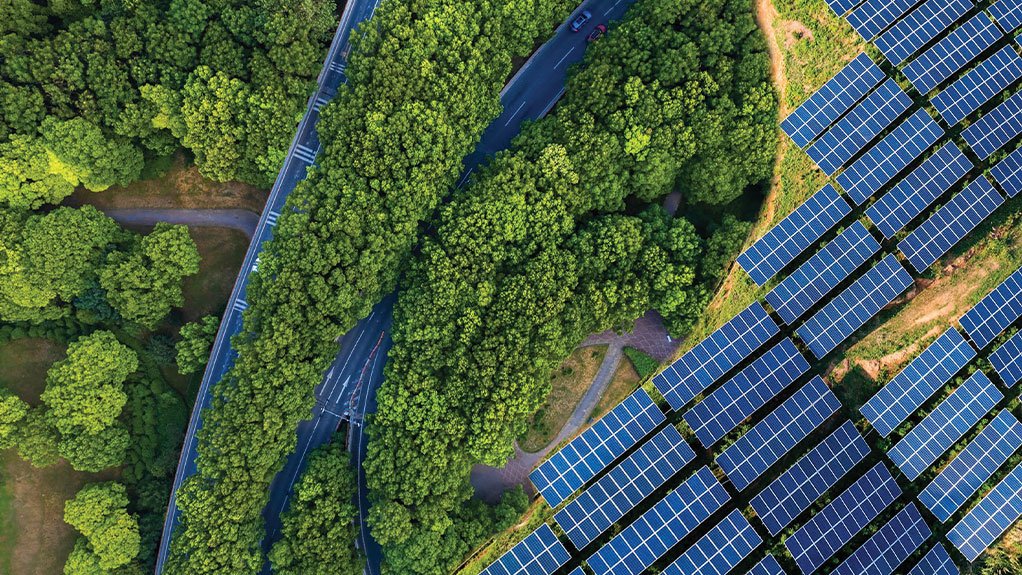
By Edson Baraukwa | Africa Guardian
In an increasingly interconnected world, the pursuit of sustainable development is critical for societies everywhere. Africa, with its diverse ecosystems, rapid urbanization, and growing population, faces unique challenges and opportunities on its journey toward sustainability. Achieving this goal will require collaboration, the exchange of knowledge and expertise, forward-thinking strategies, and the implementation of impactful solutions.
As an independent organization with a global reach, the business improvement and standards company BSI is uniquely positioned to identify regional and global sustainability trends impartially. BSI’s deep understanding of best practices enables it to drive positive change in organizations and society, ultimately enhancing lives and fostering sustainability.
Martin Townsend, BSI’s Growth Director, emphasizes, “As a signatory of the UN Global Compact, the world’s largest sustainability network, we are proud to be aligned with and committed to advancing the UN Sustainable Development Goals. Our comprehensive approach to sustainability, which encompasses the three pillars of ESG—environmental, social, and governance—allows us to make a positive impact through our own actions and assist our clients in making tangible and impactful sustainability choices. Together, we can accelerate progress towards a better future and a sustainable world.”
In its efforts to help Africa achieve its sustainability objectives, BSI focuses on emerging local trends and opportunities that have proven successful in other regions.
Renewable Energy Transition
One of the most significant emerging trends in Africa is the shift towards renewable energy sources. From 2019 to 2020 alone, the continent saw a 13% increase in solar capacity, an 11% increase in wind capacity, and a 25% surge in hydropower. According to the World Economic Forum, North Africa currently leads the continent in renewable energy capacity, with Central Africa poised for the largest increase once all ongoing projects are completed. Africa can draw valuable lessons from Europe, which has more than doubled its renewable energy consumption since 2004.
Conservation and Biodiversity Protection
Africa boasts remarkable biodiversity, with iconic ecosystems like the Serengeti in Tanzania and the Okavango Delta in Botswana. However, the continent faces significant threats from illegal logging, poaching, and habitat destruction, resulting in a 65% loss in biodiversity since 1970. Africa can learn from South America’s example, where in 1998, the Brazilian government committed to conserving 10% of its Amazon rainforests. This initiative led to collaboration between the government, WWF, the World Bank, and the Global Environment Facility, resulting in the establishment of the Amazon Region Protected Areas Programme, which provides ongoing funding for conservation efforts.
Waste Management and Circular Economy
Africa’s waste generation is projected to reach 244 million tons by next year, nearly double the amount produced in 2012, underscoring the need for improved waste management strategies. Europe, where the EU Commission adopted the Circular Economy Action Plan in 2023, serves as a valuable model for how regions can embrace a circular economy mindset to reduce pressure on natural resources and enhance waste management. By adopting sustainable waste management practices, Africa can reintroduce secondary resources, minimize pollution, conserve resources, and create green jobs.
Mining Sector
Africa is rich in natural resources, holding nearly 30% of the world’s mineral reserves, 8% of natural gas, and 12% of oil reserves. This abundance offers significant economic growth potential. However, the mining sector faces sustainability challenges related to environmental conservation, social responsibility, and economic diversification. The Oceania region’s sustainable mining initiative, “Towards Sustainable Mining,” provides a framework that Africa can adapt to develop responsible mining practices. By prioritizing environmental stewardship and the social well-being of mining communities, Africa can advance toward sustainable mining operations.
Carbon Reduction Strategies
Addressing carbon emissions is vital for sustainable development. If current carbon emission rates continue, global temperatures could rise beyond 1.5 degrees Celsius, posing severe threats to lives and livelihoods worldwide. Africa can draw insights from countries like Germany and Switzerland, where significant progress has been made in carbon reduction strategies. Transitioning to cleaner energy sources, investing in research and innovation, and implementing policy incentives can all contribute to reducing carbon emissions.
Africa’s pursuit of sustainability can be significantly accelerated by embracing emerging trends and adopting or adapting successful practices from around the world. Collaboration, innovation, and shared knowledge will be essential on this journey, and BSI stands as a trusted partner to facilitate this transformation. By turning ambition into action, we can collectively accelerate progress toward a fairer society and a sustainable world.
